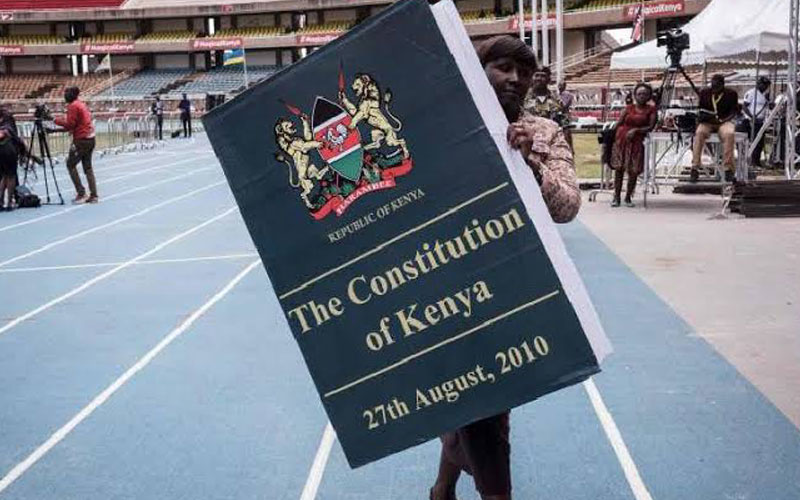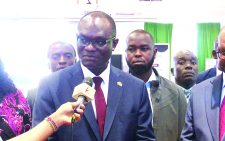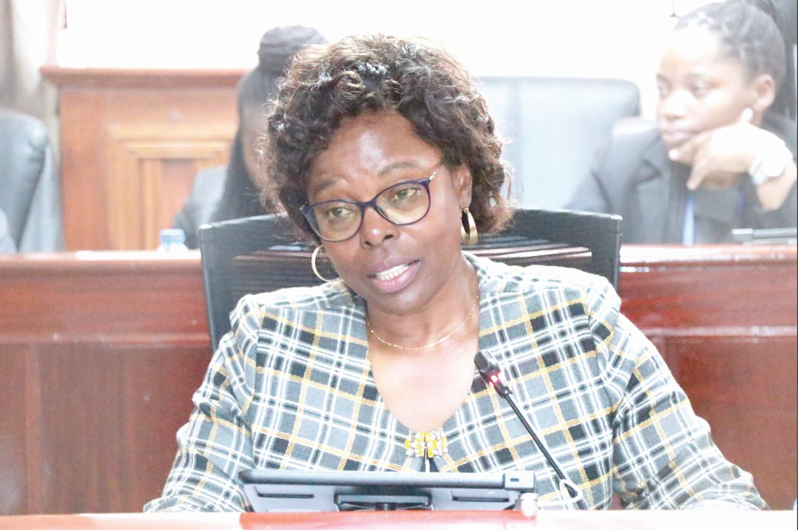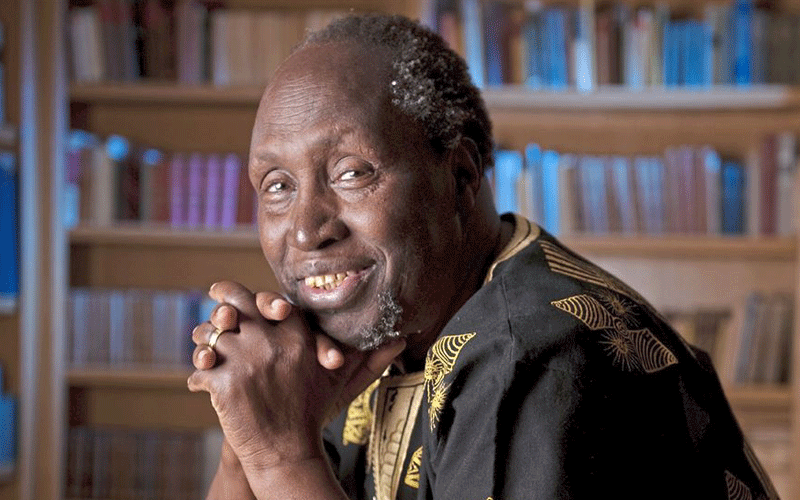Youth have power to usher a new Kenya free of tribalism

It is a blow to democracy when every step towards socio-economic development in Kenya, is viewed along tribal lines.
Right from the initiation of development projects, to the fight against corruption and now we are seeing politicians who fear that they cannot get votes on development issues and try to use tribalism to put a wedge to divide people.
Such politicians are already exploiting tribal networks, and are using suspicions of tribal impulse and divisions as a principle to win votes.
This is a danger to Kenya’s national security and peace, as it can divide Kenya into two halves.
This sets the country on a slippery slope, considering that we are just months to the General Election.
This is not only dangerous, but it sets a bad precedence to the youth, some of who are being used to preach political ethnic hatred on social media.
Tribalism has the potential to polarise ethnic-political tension, and erode all the gains made in national cohesion.
Not only that, but fuelling tribalism will take Kenya backwards, economically. The signs are already there.
It is time for the youth to shun political utterances and save our motherland, before tribalism destroys it.
If Kenya is to realise the vision of a prosperous country, and ensure national security and peace, all citizens especially the youth must shun tribalism.
The youth of Kenya must refuse to be used as instruments to fuel ethnic-political strife.
No doubt, Kenya’s greatest danger at this moment is tribalism. Tribalism has the potential to destroy this country in the next few months, and the people who can save Kenya from burning again are the youth. The consequence of Kenya’s deep-seated tribalism is catastrophic.
To shape the direction of our country, strengthen democracy and overcome some of the pressing challenges that include poverty, corruption and unemployment, we must stop tribalism.
We must avoid the temptations of looking to our tribe for solutions to our problems, and vote for leaders with bold vision and integrity regardless of their ethnicity.
Voting for someone simply because they belong to your tribe is just but the worst reason to vote.
To build a better nation, Kenyans must play an active role in the struggle to eradicate negative ethnicity. It is incumbent on Kenyans, individually and collectively to promote positive ethnic diversity.
Young people have a responsibility to build a society based on social justice and equality. We have a role to stay above personality, party and tribe – and put Kenya first.
Youth have the ability to make a mark – to make Kenya better and rid her of negative ethnicity. Indeed, Kenya’s youth have the potential and opportunity to free the country of negative ethnicity and the politics of ethnicity that have held the older generation hostage.
Truth be told, Kenya’s youth are not tribal, in fact, Kenyans are not tribal. But it is the leaders who divide Kenyans along tribal lines for their selfish ends.
A report by the East African Institute released recently revealed that the youth identify as Kenyans first, faith and tribe.
According to the findings, about 40 per cent of youth identify as Kenyans first, while 35 per cent identify as youth first.
About 12 per cent identify by their faith first, while less than five per cent of Kenyan youth identify by their ethnicity first.
It is encouraging if the study is anything to go by that ethnicity is the least important dimension of identity among Kenyan youth – it is sending a strong signal that the rebirth of a new Kenya is in the offing.
Young people must look beyond ethnic affiliations and understand that Kenya belongs but to each and everyone.
We must begin with recognising that we can love our tribes without hating other tribes.
Kenya’s youthful generation have a moral imperative to shape and usher in a new Kenya free of tribalism – to do that, our attitude, vibe and action towards the “other” – tribe, must change.
The youth must convince Kenyans that we are a new generation ready to banish tribalism that undermine our national values. —The writer is a public policy analyst — raphojuma@hotmail.com







